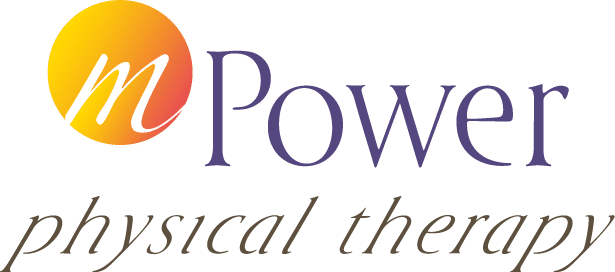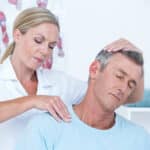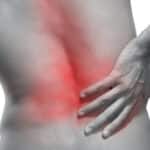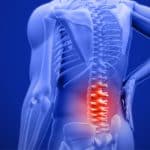Get to the bottom to learn a massive tip that you can use today to get some relief in your TMJ muscles.
We have clients who come into our office NOT realizing that their TMJ is creating their neck and jaw pain as well as headaches.
They do not connect the dots. While our clients come in for some other related pain in their neck, we start to put the pieces together that they have a TMJ problem and if they do not get this resolved, they will continue to have symptoms.
We literally had a client who was getting migraines and headaches. We have been treating her for a little bit until one day she said she just got a mouth guard for at night. I immediately responded by saying, “Do you have TMJ issues and for how long?”
We talked a little longer and I started asking her more questions. She said yes on the TMJ, and that she has been getting jaw pain too on top of her migraines she has had for years. I proceed to ask her more questions.
Come to find out her migraines start in the middle of the night. I asked if she has any sleep apnea. She said yes!!
This is due to her not getting any air in while sleeping, creating stress in the body, which then creates clinching, then her migraines start! This happens every night and it is due to AIRWAY constriction!
You have to get to the source of the problem otherwise you are treating a symptom. We recognize that she is going to have to get help with other healthcare providers, but we have the providers to go to that will get you results.
This is what we do! Helping you solve your problems you are having with your pain.
So, if you have jaw pain or clench your teeth at night we have to look at your airway!
Did you know that nearly half of people who have TMJ issues also have trouble sleeping!?
Have you been told that you may have obstructive sleep apnea or currently wear a CPAP machine to help you breathe at night?
Obstructive sleep apnea occurs when there is a blocked or narrowing of your airway compromising your ability to breathe.
What does that have to do with your TMJ?
If there is something obstructing our airway, our body will push our lower jaw forward to open up the airway so we can BREATHE. This forward movement of the TMJ during the night causes stress and tension in the joint and surrounding muscles. Our body will do whatever it needs to do to breathe…makes sense right!?
Disturbed sleep is not a normal part of aging and a lot of people who have obstructive sleep apnea may not even realize that they have it.
The right specialists are trained to recognize common signs of a reduced airway
- Scalloped tongue
- Oversized tongue
- Wear on teeth from grinding
- A narrow palate
- Set back jaw
- Certain facial features
MOST people in the US do not have that fully developed, wide, strong airway. If underdeveloped mouths with small airways cause sleep apnea and sleep apnea leads to a change in jaw position more clenching and grinding at night…then we have to address the airway!!
What most people don’t know is that there is an alternative to a CPAP that is not surgery or muscle relaxers.
And that CPAPs may actively be making your condition worse over time
TMJ specialist Dr. Randall recently had a patient who tried a CPAP for his sleep apnea, but that didn’t work for him.
He was pulling it off at night, waking up sweating, struggling to get through his day.
Never woke up rested. In fact, he didn’t even know that he had sleep apnea for a long time. He just thought that the reason he couldn’t get up in the morning was that he just wasn’t a morning person. He is actually like a lot of people with OSA. He’d learn to cope with the symptoms and didn’t realize the deeper impact OSA was having on his health.
With the help of Dr. Randall, he was able to restore and widen his airway for good and didn’t have to worry about his health and all the risk factors associated with OSA.
TMJ and obstructive sleep apnea coincide, so if you have jaw pain that is not resolving it is time to look at your airway.
If we refer out to a Dentist that specializes in TMJ and airway constriction, as they are getting help we then are able to work on all the other areas around the jaw and neck to help those joints move correctly and giving you techniques to allow your jaw to truly rest.
One technique to help with TMJ is start working on resting your tongue on the top of your mouth with your lips together and breath through your nose. This will allow the jaw to rest and will shut down the muscles. Your teeth should be lightly touching, and this is a resting position.
If you have issues with resting your tongue at the top of your mouth and lie flat, this might be because you do not have enough room for your tongue and we can give you some other options that you might need.
This is a simple technique that you can start working on now. If you would like to learn other things you can do to help with your TMJ, just CLICK HERE to get our TMJ Free Report on Top TIPS that you can start doing TODAY to help with your TMJ.







